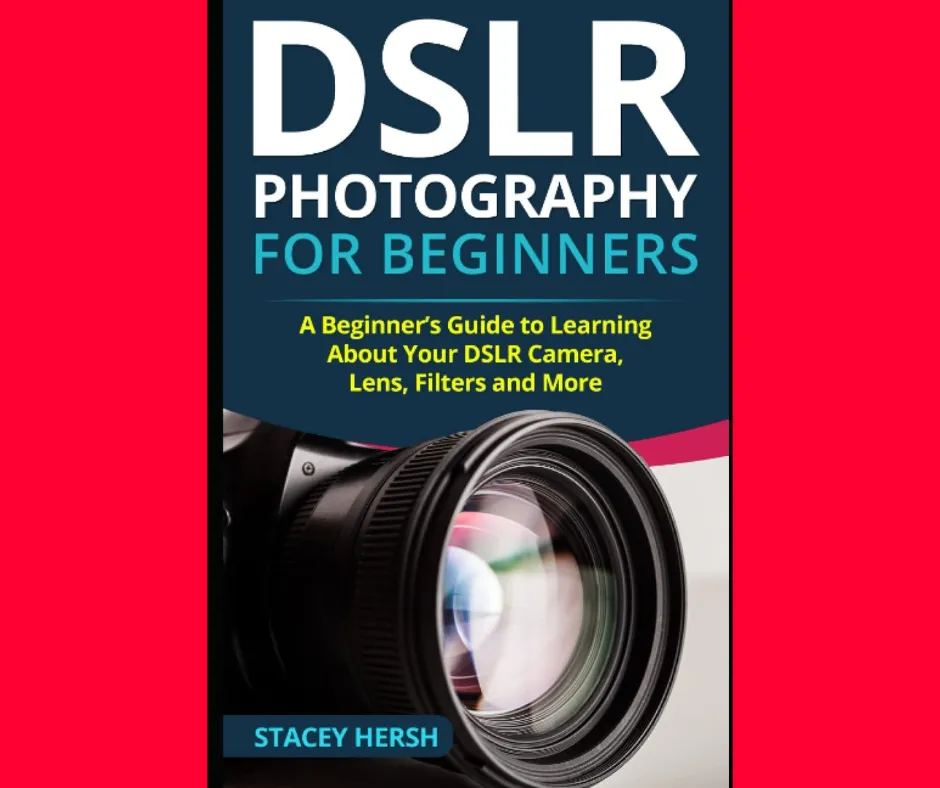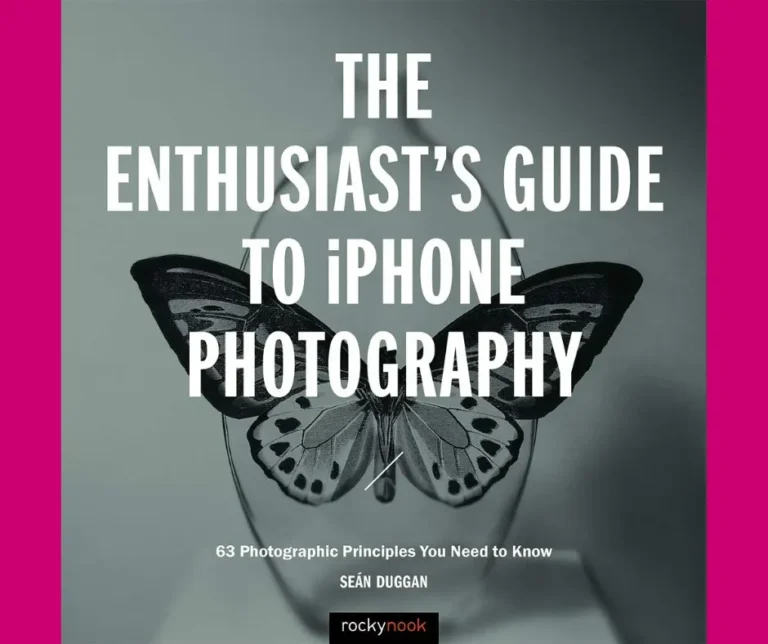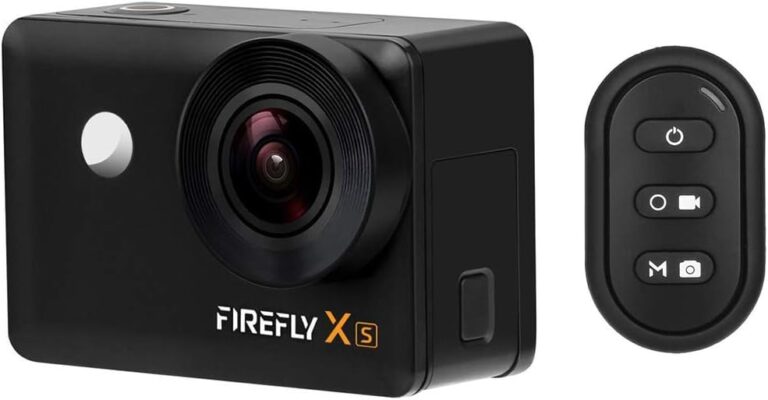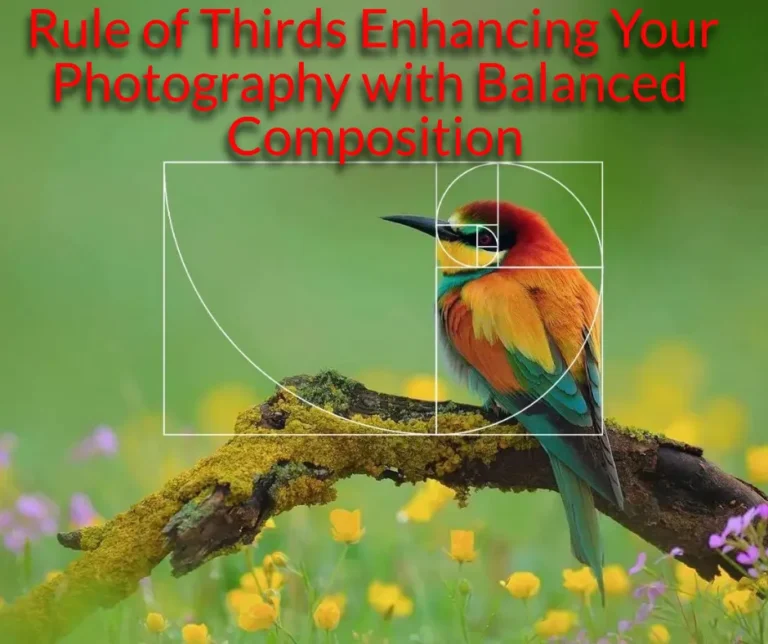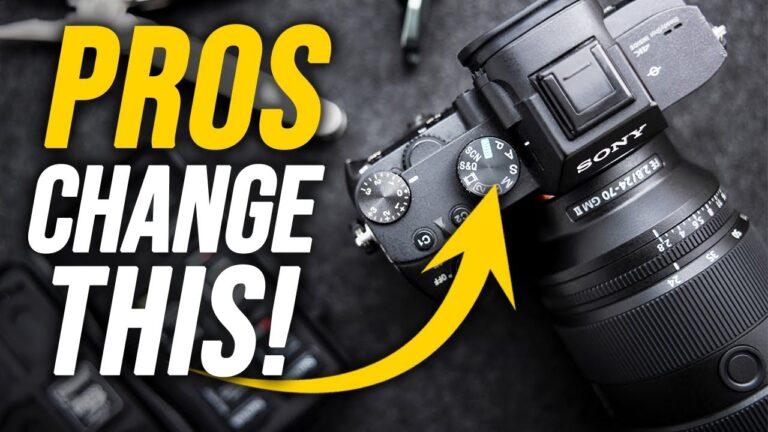Perfect Camera for New Photographers
In today’s digital age, photography has become more than just a hobby, it has become a way of capturing and sharing memories, experiences, and stories.
With the advancement of technology, the options for cameras are endless, making it overwhelming for new photographers to find the perfect one.
As a professional photographer, I understand the importance of having the right tools to capture stunning images.
This is why I have created the Perfect Camera for New Photographers, a buyer’s guide to help new photographers navigate through the sea of cameras and find the perfect one that fits their needs and budget.
Whether you are looking for a simple point-and-shoot or a more advanced DSLR, this guide will provide you with the necessary information and factors to consider before making your purchase.
From understanding the different types of cameras to comparing features and prices, this guide will equip you with the knowledge to make an informed decision and kickstart your photography journey.
So, if you are a budding photographer and in need of some guidance in finding the perfect camera, read on and let’s find your ideal match together.
Table of Contents Perfect Camera for New Photographers
Understanding camera types and features
When embarking on the journey of finding the perfect camera for new photographers, it is crucial to understand the different camera types and features available in the market.
This knowledge will enable aspiring photographers to make informed decisions based on their specific needs and preferences.
There are primarily three types of cameras to consider: DSLRs (Digital Single Lens Reflex), mirrorless cameras, and point-and-shoot cameras.
Each type has its own set of advantages and disadvantages, catering to different skill levels and photography styles.
Additionally, it is essential to delve into the various features that cameras offer, such as megapixels, sensor size, ISO range, autofocus capabilities, and image stabilization.
By understanding these camera types and features, new photographers can confidently select a camera that aligns with their artistic vision and technical requirements.
Evaluating your budget and needs
One crucial step in finding the perfect camera for new photographers is evaluating your budget and needs.
It’s important to have a clear understanding of how much you are willing to invest in a camera and its accompanying accessories.
Consider your financial capabilities and determine a realistic budget that allows for quality equipment without breaking the bank.
Additionally, take into account your specific photography needs.
Are you interested in landscape photography, portraits, or perhaps sports photography? Understanding the types of photography you plan to pursue will help you prioritize certain features and functionalities.
By carefully evaluating your budget and needs, you can make a well-informed decision that strikes a balance between affordability and meeting your photography aspirations.
Comparing brands and customer reviews
When it comes to finding the perfect camera for new photographers, a valuable approach is to compare different brands and explore customer reviews.
This step allows you to gain insights into the reputation and performance of various camera manufacturers.
By researching different brands, you can identify those that have a strong track record in producing high-quality cameras with reliable features and functionalities.
Additionally, reading customer reviews provides real-world feedback from individuals who have firsthand experience with specific camera models.
Paying attention to both the positive and negative aspects highlighted in these reviews can help you make a more informed decision based on the experiences and perspectives of other photographers.
This process of comparing brands and customer reviews ensures that you are well-informed and equipped to select a camera that meets your expectations and delivers the desired results for your photography journey.
Considering lens options and accessories
When it comes to enhancing your photography experience, considering lens options and accessories is essential.
Different lenses offer unique perspectives and capabilities, allowing you to capture a wide range of subjects and styles.
When assessing lens options, factors such as focal length, aperture range, and image stabilization should be taken into consideration.
For instance, a prime lens with a fixed focal length is ideal for capturing portraits with a shallow depth of field, while a zoom lens offers versatility for various shooting scenarios.
Additionally, investing in accessories like filters, tripods, and external flashes can further expand your creative possibilities and improve the quality of your images.
By carefully evaluating lens options and accessories, you can ensure that your camera system is equipped with the tools to meet your specific photography needs and achieve professional-level results.
Making an informed purchase decision
To make an informed purchase decision, it is crucial to conduct thorough research and consider specific factors that align with your photography goals.
Begin by assessing your skill level and determining your needs as a new photographer.
Understanding the basics of camera specifications, such as sensor size, megapixel count, and ISO range, will help you identify cameras that offer the image quality and performance you desire.
Moreover, consider the ergonomics and user interface of different camera models, as a comfortable and intuitive design can greatly enhance your shooting experience.
Additionally, reading reviews and seeking recommendations from trusted sources can provide valuable insights into the reliability and performance of various camera brands and models.
By investing time and effort into making an informed purchase decision, you can confidently select a camera that will meet your needs and empower you to explore your passion for photography.
With so many options available, finding the perfect camera for new photographers can be a daunting task.
However, by considering your budget, desired features, and level of experience, you can narrow down your choices and find a camera that suits your needs.
Remember to also do thorough research and read reviews from other photographers to ensure you make an informed decision.
With the right camera in hand, you can begin your photography journey and capture stunning images for years to come.
Happy shooting!
FAQ
What are the key factors to consider when choosing a camera for new photographers?
When choosing a camera for new photographers, key factors to consider are the camera’s ease of use, image quality, versatility, and budget.
It is important to look for a camera with user-friendly features, such as intuitive menus and controls, to help beginners learn and navigate the camera easily.
Image quality, including resolution and low-light performance, is crucial to ensure sharp and vibrant photos.
Versatility is also important, as new photographers may want to experiment with various photography genres.
Lastly, budget plays a role in determining the available options, so it’s essential to find a camera that offers good value for money.
What are the different types of cameras available in the market, and which one would be most suitable for beginners?
There are various types of cameras available in the market, including DSLR, mirrorless, point-and-shoot, and action cameras.
For beginners, a point-and-shoot camera would be the most suitable option.
These cameras are compact, easy to use, and often have automatic settings that help capture good quality photos without much technical knowledge.
They are also more affordable compared to DSLR or mirrorless cameras, making them a great choice for beginners who are just starting their photography journey.
As beginners gain more experience and knowledge, they can then explore other types of cameras based on their specific photography needs.
What are the essential features and specifications to look for in a camera for new photographers?
For new photographers, essential features to look for in a camera include a good image sensor with high megapixels for quality photos, a versatile lens system for different shooting scenarios, manual shooting modes for creative control, image stabilization for reducing blurriness, an easy-to-use interface, and a durable build.
Specifications to consider are ISO range for low-light performance, continuous shooting speed for capturing action, autofocus system for sharp images, and video recording capabilities.
Ultimately, it depends on the specific needs and preferences of the photographer, but these features and specifications are a good starting point for beginners.
Are there any specific brands or models that are highly recommended for beginners?
Yes, there are several brands and models that are highly recommended for beginners.
Some popular options include Yamaha, Fender, and Epiphone for guitars, and Casio and Yamaha for keyboards.
These brands offer a range of affordable and beginner-friendly instruments that are known for their quality and ease of play.
It’s always a good idea for beginners to try out different instruments and see which one feels the most comfortable and suits their musical preferences before making a purchase.
How does the budget affect the options available for new photographers, and what are some cost-effective choices for beginners?
The budget plays a significant role in determining the options available for new photographers.
Higher budgets allow for the purchase of more advanced and professional-grade equipment, such as high-end cameras and lenses.
However, beginners with limited budgets can still find cost-effective choices to start their photography journey.
One option is to consider entry-level DSLR cameras or mirrorless cameras, which offer good image quality and manual controls at a more affordable price.
Additionally, purchasing used or refurbished equipment can provide cost savings while still maintaining quality.
Investing in versatile lenses and exploring free or low-cost editing software can also help beginners save money while honing their skills.

